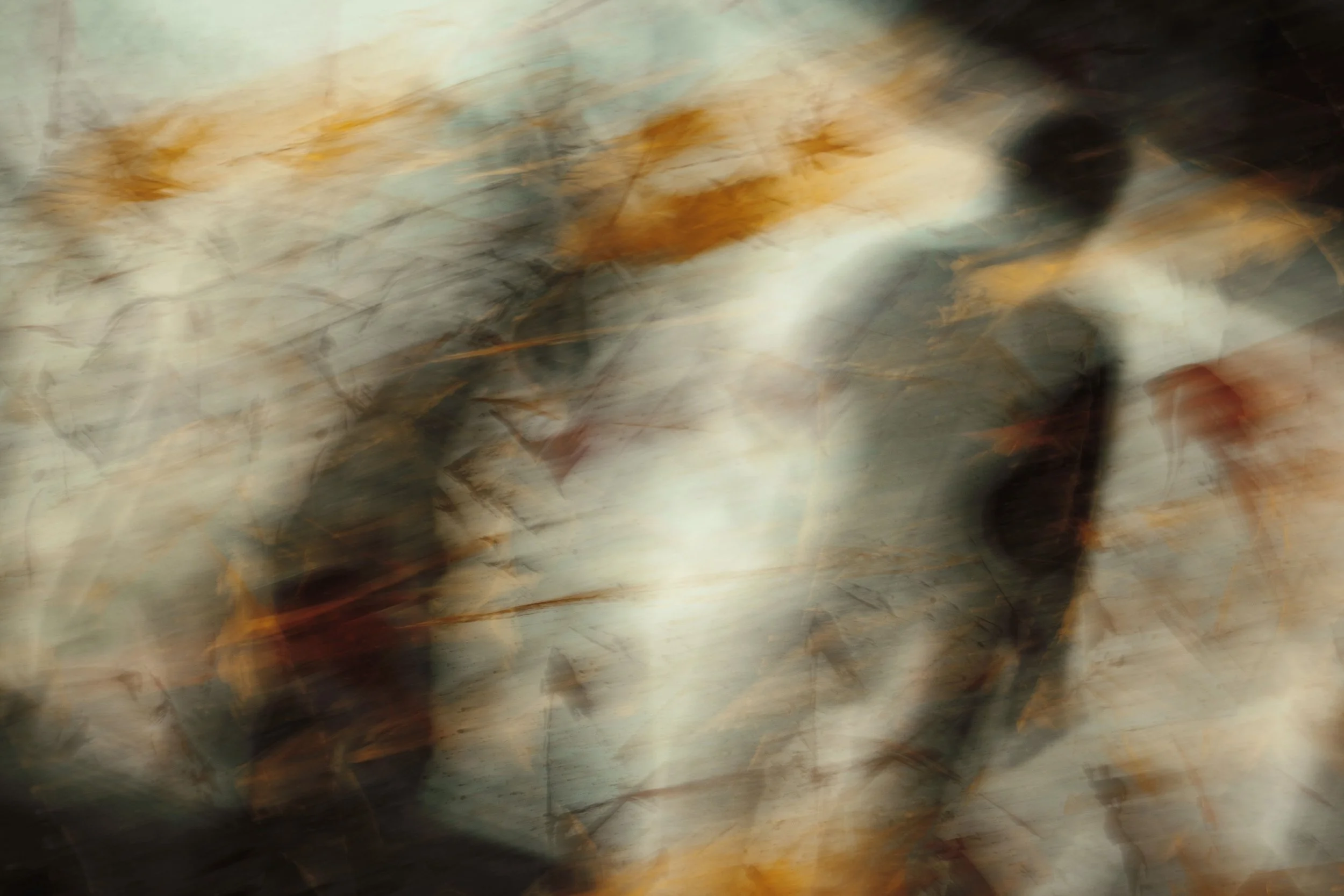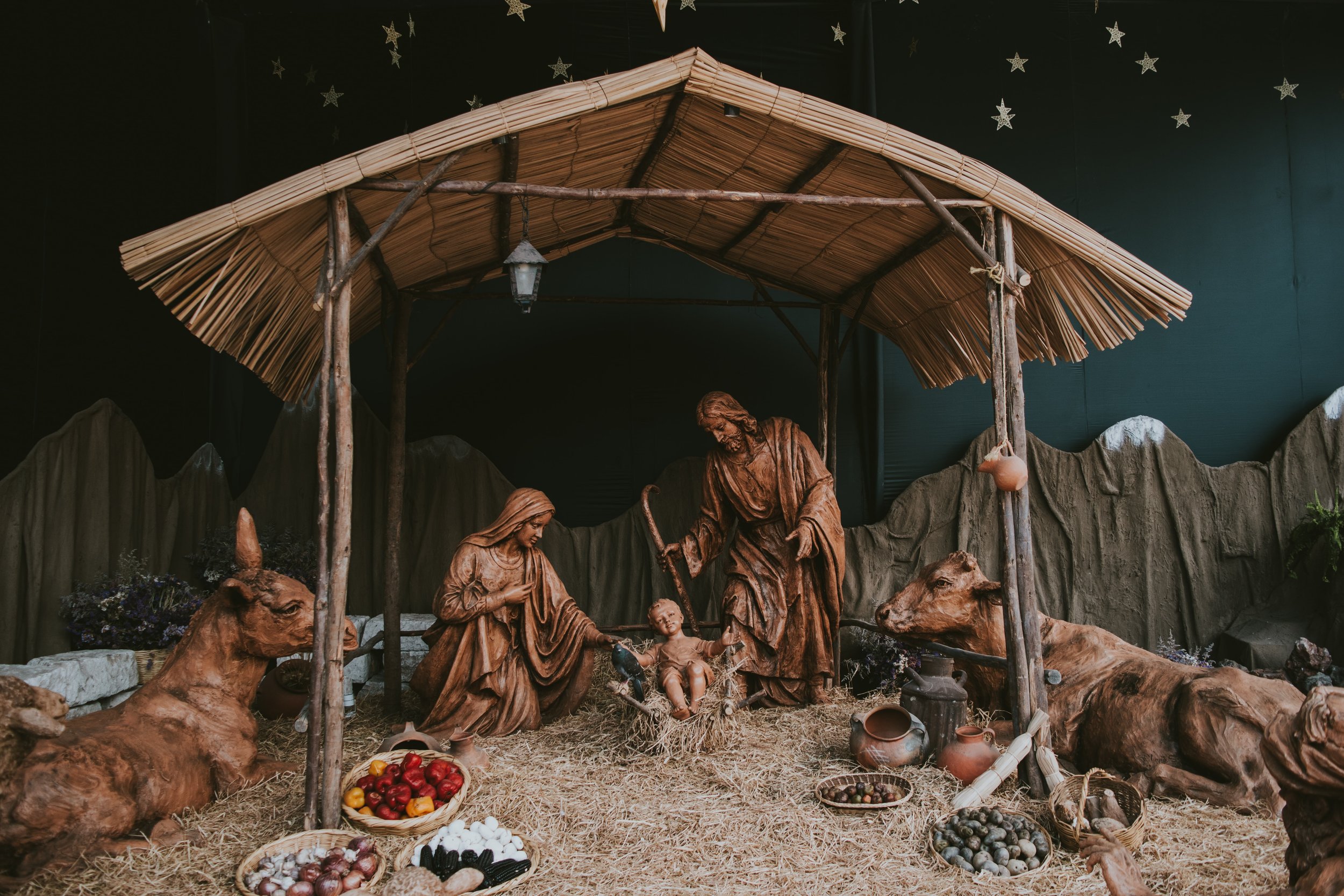I’ll never forget the first time I received an icon. During the pandemic, a friend of my mom’s who is Coptic Orthodox let me pick any icon I wanted from her icon corner and keep it. I ended up choosing a very small two-panel icon, one side had St. Mary tenderly holding the Christ Child while the other had Christ holding scripture and giving a blessing. All of her icons were so beautiful; I didn’t understand how she was ready to part with any of them. But because of her generosity, I was able to experience the blessing of receiving an icon.
Read MoreDerived from the word ‘pelagic,’ from the Greek πέλαγος (pélagos) 'open sea,' Pelagic fish are those who do not live near the bottom or shore but out in the water… Oh, wait… I meant to google Pelagianism, not Pelagic fish. My apologies. We continue our survey of heresies with a look at Pelagianism.
Read MoreIn Lent, our fast cleared out new space in our lives and helped us re-examine our relationship with enjoyments and dependencies we tend to take for granted. Now, it is Easter, and we can go back to enjoying those things we left behind—we must celebrate, after all!—but in some cases, we find ourselves facing a conundrum when the TV habits, or social media scrolling, or regularity of chocolate-eating, or whatever-it-might-be, are again fair game. Namely: do we want to go back to those things? Do we still enjoy them? And if so, in what way do we want to go back to them?
Read MoreI am sometimes caught off guard at how my life’s events refuse to conform to the Christian calendar. Somewhere within me, I assume that the arrival of Easter should bring satisfying closure to the interior battles I fought during Lent. I love Eastertide, I love the renewal and the sense of hopeful expectation for the good work of ministry ahead. So why does it also feel like I’m back to the grind? Why has the world already moved along and why am I returned to the slow work of spiritual growth? For answers, I think we have to go back to Easter Day again.
Read MoreSabbath is remembrance. It is to remember and anticipate through a moment the world of God’s great seventh day, of Creation as it is known with God enthroned, consecrating all things and celebrating them with delight. But modern people have a difficult time approaching remembrance because they consider it a matter of ‘thinking’ rather than ‘being.’ This is not how the Scriptures communicate ‘remembrance’ to us.
Read MorePalm Sunday is our entrance into Holy Week. As we celebrate Christ’s Triumphal Entry with the citizens of Jerusalem, we process with them into the city where He will die. We sing songs and wave palm fronds on a morning that feels festive, hopeful, if a bit mundane – and perhaps we don’t think too far past the celebratory tone of the service, and the hymns, and the bright spring sunshine. It is Palm Sunday! Christ must be celebrated as He enters Jerusalem.
Read MoreAs a teacher and writer, words are the primary tools with which I try to exert power over reality. I use words to impress people so that they will love me, to create an image of myself that is eloquent and thoughtful and thus worthy of appreciation and respect. I use words to curate an orderly understanding of the universe, to narrate my experiences in ways that make sense to me. Both internally and externally, then, I use words to create a sense of security for myself. It is not difficult to see the fragility of this security. Because my worth is so bound up in words, I feel great pressure to generate them. The idea of being reduced to silence – of not being able to find the right words – is terrifying.
Read Moret’s attractive, isn’t it? That there is secret, hidden knowledge available to a few, select individuals and that you have been invited to share in its mysteries. If the great temptation of Christian theologians is to seek to overexplain and eliminate any hint of ambiguity, who furiously fret at the hem of anything that smacks of ‘mystery,’ unraveling as much as they can and sweeping anything leftover under the rug, thereby winding up in heresy, there is another path to heresy when people don’t understand Christianity as a unity within itself. In other words, if we are free to take stuff that we like and excise the parts we don’t, we wind up as heretics.
Read MoreIn Dakota, Kathleen Norris writes about moving into her maternal grandparents’ home in rural Lemmon, South Dakota after her grandmother died. This is not a move Norris anticipated, or even necessarily wanted, and moving into a place that held so much family history – and to a geography marked by so much silence and isolation and severe weather – compelled her to face ghosts in her family’s past and her own spiritual life.
Read MoreI am a people-pleaser at heart. In the healthiest sense, I enjoy helping others in their time of need. It brings me joy to see someone happy or relieved by offering a helping hand. It is important that the needs of others come before our own, as St. Paul talks about this in his letter to the Church of Philippi (Phil. 2:4). This does not mean, however, that we never attend to our own needs at all. As a people-pleaser, attending to my needs and allowing others to attend to them is rather frustrating and unsettling.
Read More“Beloved, let us love one another for love is from God, and everyone that loves is born of God and knows God. He who does not love does not know God, for God is love.”
Like C.S. Lewis, I, too, once considered this verse from Scripture to be pretty straightforward. I can still see the memory of adolescent Hayden writing on the inside cover of his trapper-keeper notebook after a youth camp: ‘love like God loves you.’ Simple enough, right? Then why did something so simple prove so impossible?
Read More



















